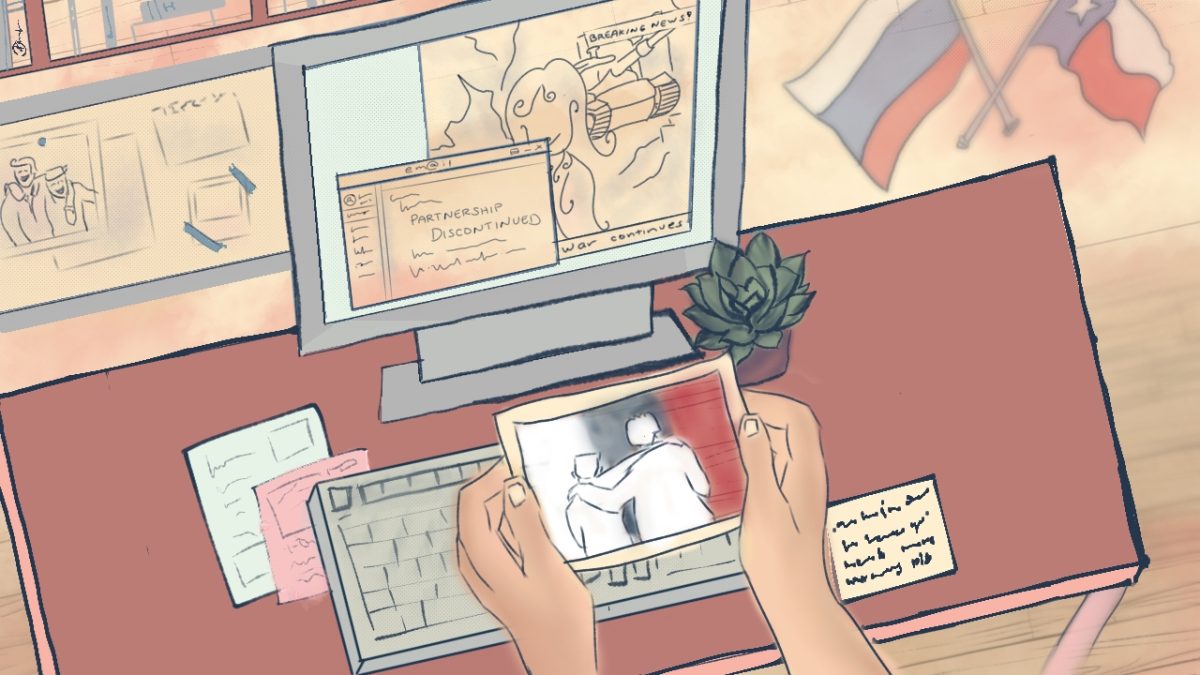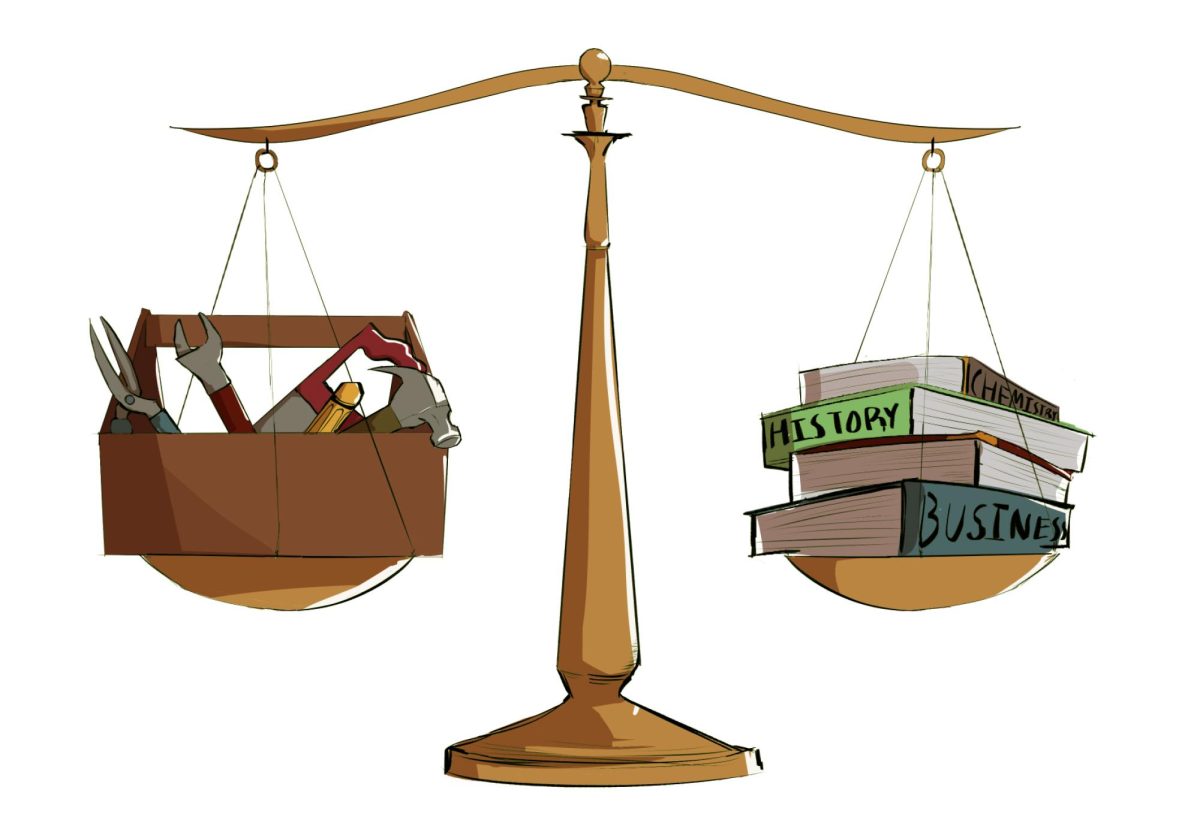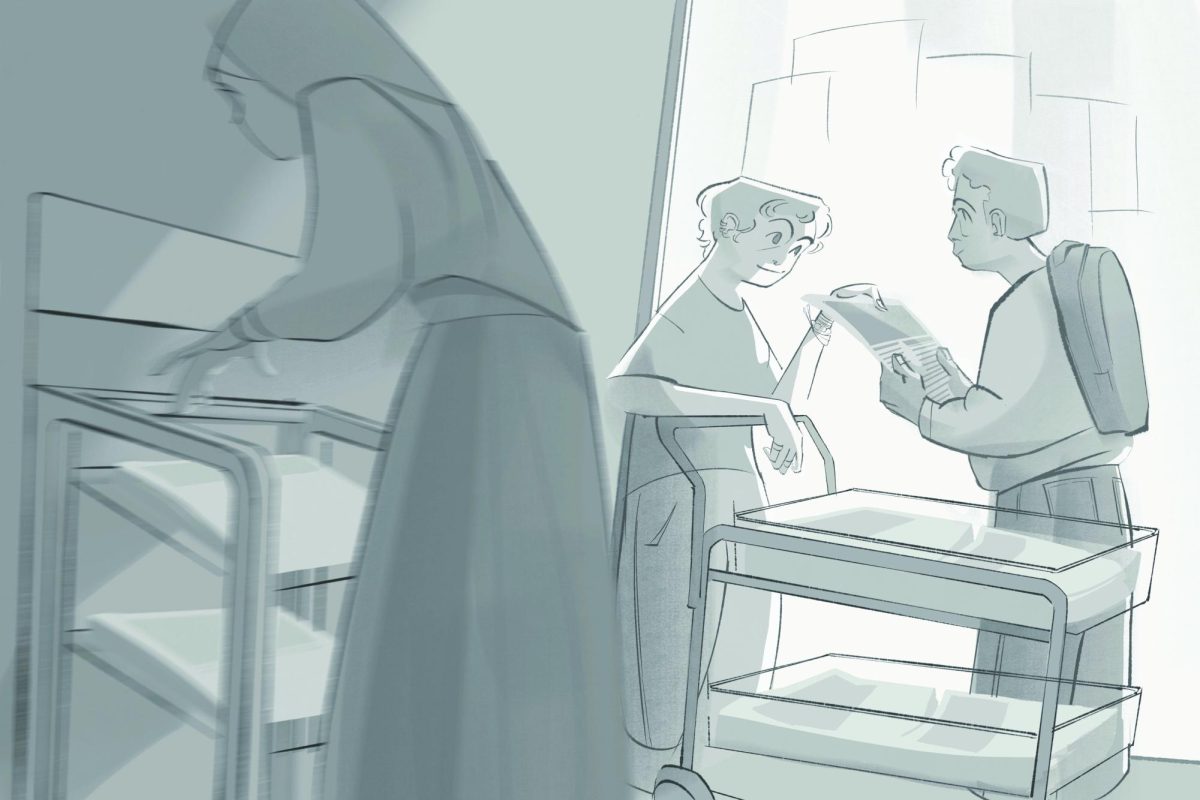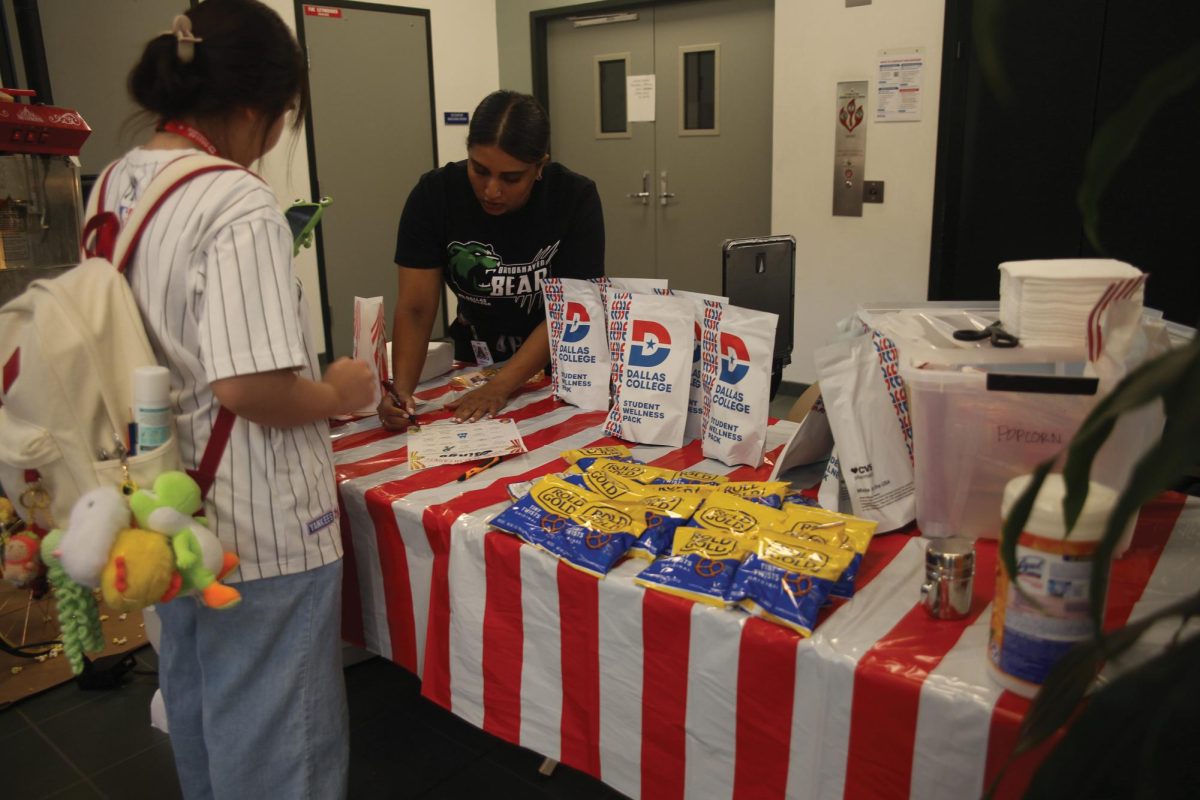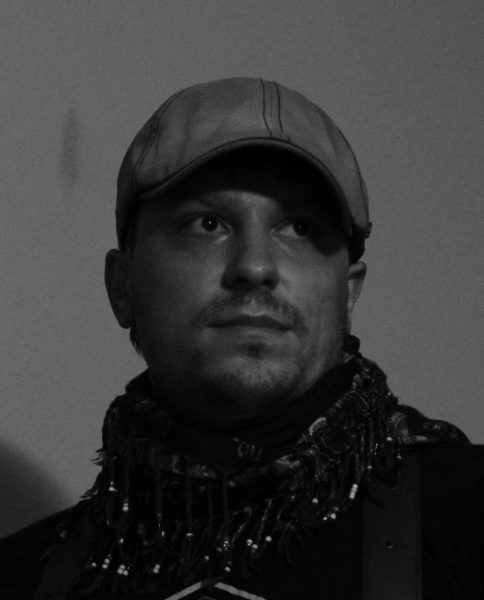David Griggs, an adjunct professor of government at Dallas College, met with the Courier recently to discuss the abrupt shift in U.S. support for Ukraine — a topic dominating recent headlines. But as the conversation unfolded, a deeper issue emerged: the quiet collapse of international cooperation at the local level, a lesser-known casualty of global conflict.
Few people in Dallas may remember that, for nearly two decades, the city had a sister city relationship with Saratov, Russia, a partnership built on cultural exchange, education and diplomacy. However, not many still know that it was Griggs himself who played a role in fostering that connection. He has traveled to Russia 17 times in various capacities as a citizen diplomat.
In 1994, just three years after the Soviet Union collapsed, Griggs found himself traveling to Saratov, a city on the banks of the Volga River, with a delegation from the United Methodist Church of Highland Park. The goal was simple: to establish a church in post-Soviet Russia as part of a broader effort to build bridges between former adversaries. It was a bold mission, but far from easy.
“There were serious challenges as we unwrapped the decades of distrust and misinformation from the Soviet era,” Griggs said.
Over the next decade, those early exchanges laid the groundwork for something larger. In 2004, Dallas officially welcomed Saratov into its sister city network, joining cities like Brno, Dijon, Riga and Taipei. The designation opened doors for delegations, student exchanges, cultural festivals and cooperative efforts in business, science and medicine. It was an era, as Griggs said, “The victories were hard fought and the cooperation was real.” But just as history had brought these cities together, it would soon drive them apart.
In 2014, Russia annexed Crimea, drawing international condemnation. The geopolitical fallout strained relations between Russia and the West, and Saratov-Dallas exchanges began to cool. The bonds began to waver with tensions outside either city’s control.
By 2022, after Russia’s invasion of Ukraine, the Dallas City Council formally severed ties with Saratov, joining cities across the U.S. that distanced themselves from their Russian counterparts.
“If we say Dallas is an international city, that’s more than some sort of marketing campaign. That’s got to be a real thing,” Mayor Eric Johnson said, according to NBC DFW. “If we’re going to be a part of a global community, we’ve got to stand up at times like this and make our intentions and our feelings known.”
Griggs said he is disappointed with the new reality, especially because much of it is beyond anyone’s control. Over 30 years of citizen diplomacy crushed under the weight of Russian tanks on Ukrainian soil.
Now, the final threads of that relationship are all but gone. As U.S. policy towards Ukraine continues to shift under the current administration, this question remains: Will there ever be room for reconciliation?


